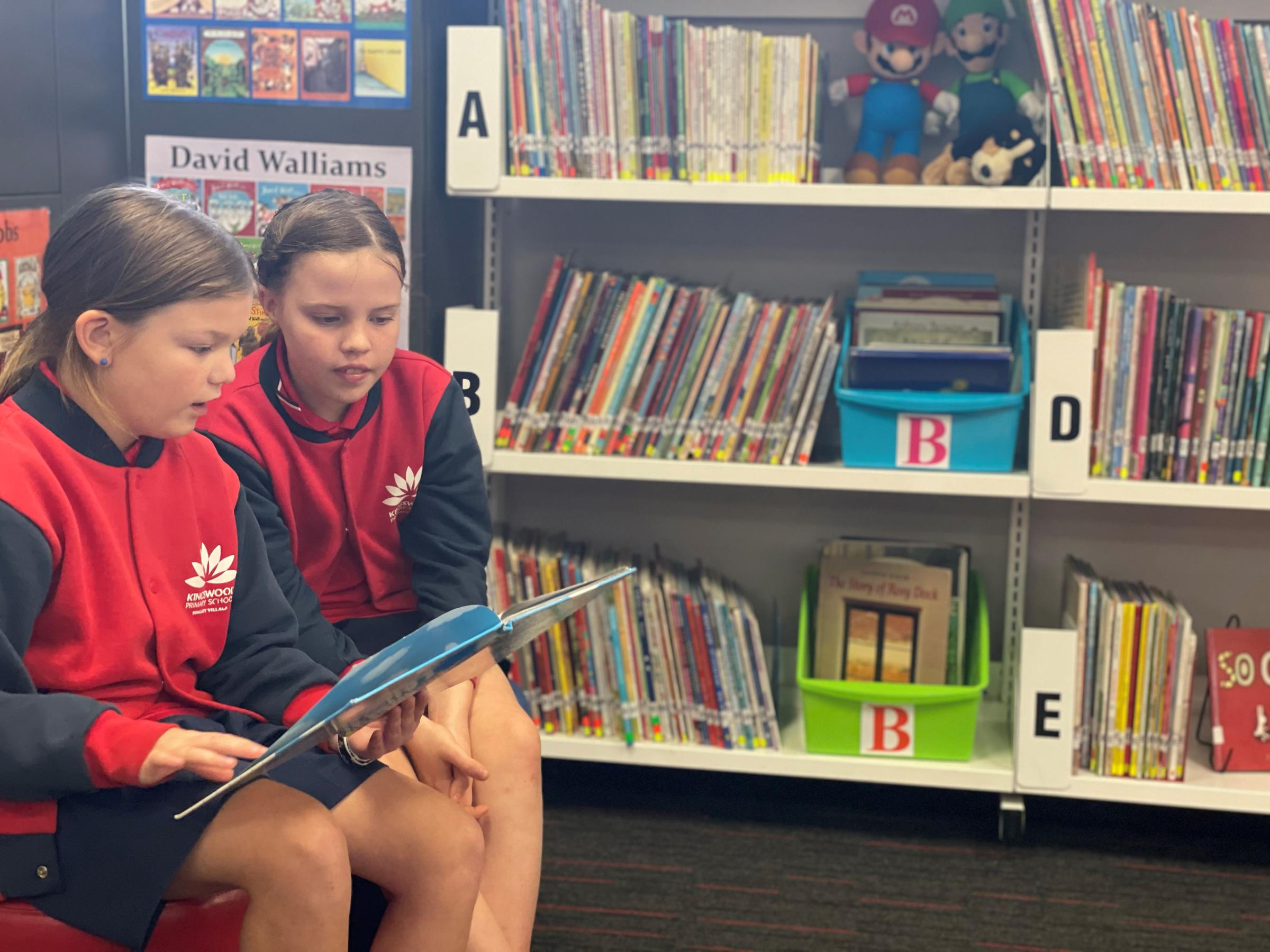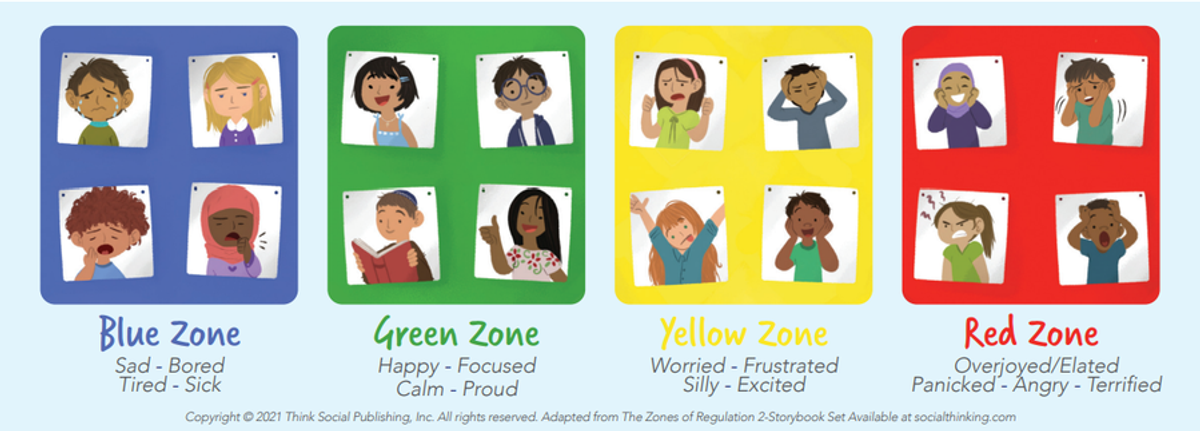Assistant Principal

Megan Franklyn
Assistant Principal
Respectful Relationships
The Royal Commission into Family Violence identified the critical role that schools and early childhood education have in creating a culture of respect to change the story of family violence for future generations.
Respectful Relationships Education is a core component of the Victorian Curriculum from foundation to year 12, and is being taught in all government and Catholic schools.
The Primary Education program is based on the idea that everyone in our community deserves to be respected, valued and treated equally. We know that changes in attitudes and behaviours can be achieved when positive attitudes, behaviours and equality are embedded in our education settings.
Respectful Relationships is about embedding a culture of respect and equality across our entire community, from our classrooms to staff rooms, sporting fields, fetes and social events. This approach leads to positive impacts on a student's academic outcomes, their mental health, classroom behaviour, and relationships between teachers and students.
Our students will be developing their personal, social and emotional skills through a series of learning experiences. The topics that have been covered so far this year include 1.Emotional Literacy
2.Personal Strengths
3.Positive Coping
4.Problem Solving
5.Stress Management
6.Help-Seeking
In term 3 our students will begin working on the 7th topic of Gender and Identity and in term 4 they will begin working on the 8th topic of Positive Gender Relations. We have at least one teacher per year level who has attended a full day training session on the teaching resources in topics 7 and 8.
Topic 7, Gender and Identity, includes learning activities that assist students to challenge stereotypes and critique the influence of gender stereotypes on attitudes and behaviour. They learn about key issues relating to human rights, gender, identity and focus on the importance of respect within relationships. The activities promote respect for diversity and difference.
Topic 8, Positive Gender Relations, include learning activities that focus on building an understanding of the effects of family violence and focus on the standards associated with respectful relationships. Students develop the skills needed to solve problems, set boundaries within relationships and play an active role within the prevention of family violence. They develop peer support and help-seeking skills that can be applied in response to situations involving gender-based violence in family, peer, community or on-line relationships.
Zones of Regulation
At Kingswood Primary School we use the Zones of Regulation to help children to identify how they are feeling and to support them to develop tools and strategies to help them regulate their own emotions, develop prosocial skills and to enhance their overall wellbeing. This visual image can also support you and your child at home when talking about emotions.
Attendance and Late arrivals at school – Every Day Counts
Attending school on a regular basis is vital for all students so that they can access all they need to learn throughout their 7 years of primary schooling. The Department of Education promotes the message that there is no safe number of days to be away from school.
If a student has a day off once a fortnight, this adds up to 20 days in a school year or 4 school weeks. This would be equal to missing a year of schooling up to Year 10. The impact of poor attendance is very real, each day missed is associated with progressively lower achievement in numeracy, writing and reading.
These students will be at risk of not achieving their potential and therefore limit their life choices.
Other consequences may include:
- Social isolation
- Will have gaps in their learning of knowledge and basic concepts
- May feel insecure in the school environment
- More likely to leave school early
- Could lead to school refusal further in their education
- May place themselves at risk of harm while absent
Regular lateness can also impact on student wellbeing. Children who arrive late, miss core teaching and instruction time and can have more difficulty transitioning into the classroom space.
If you are having any issues or concerns about your child’s attendance at school, please contact your child’s teacher or myself for support.


